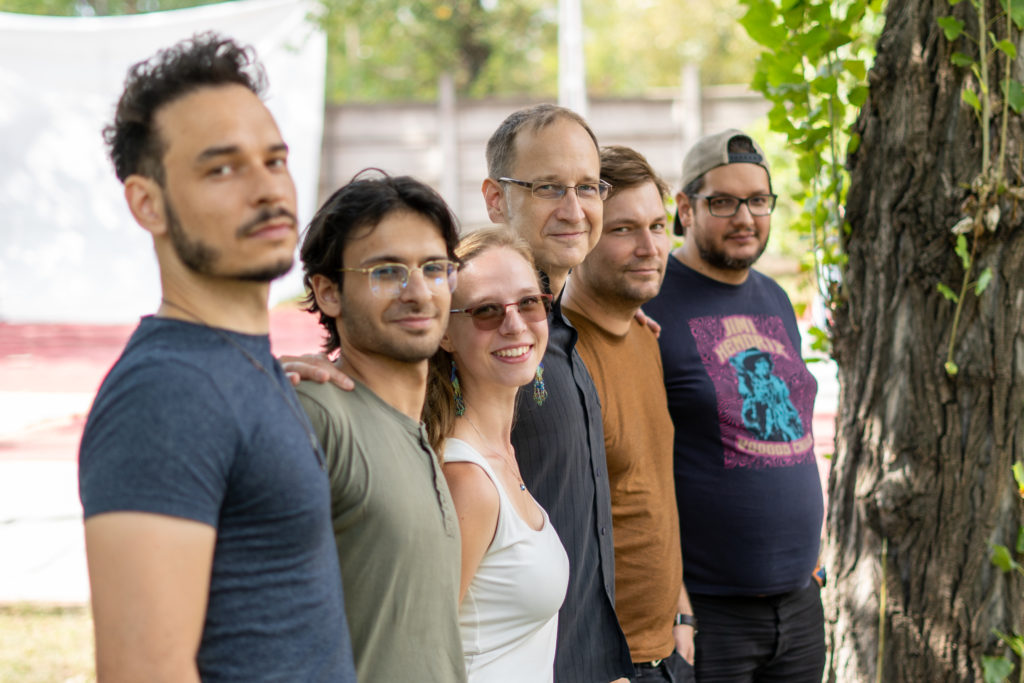Religion and Philosophy: Answering Life’s Big Questions
Religion and philosophy sometimes offer different answers to the great questions of life, but they often provide very similar responses. Both have the power to bring peace in the face of life’s hardships, and indeed, nowadays, hardships are ever more present. In this era, individuals are increasingly unable to find their place and have little understanding of themselves or the world around them. Both religious traditions and various Western and Eastern philosophical schools can guide us toward understanding who we truly are and where our spiritual place lies.
Philosophy is useful knowledge in everyday life, and even an applied science. In mind research, and through that in robotics and artificial intelligence, philosophers are just as much involved in the work as other specialists. Even Elon Musk employs philosophers. The knowledge of philosophy also develops skills: anyone who understands a philosophical text is guaranteed to more easily understand any other text.
The history of religion is not merely the history of beliefs, but the history of the development of human consciousness. If we immerse ourselves in ancient religions, we find mindsets and worlds that are vastly different from our own. By understanding how the major world religions developed, we can also better understand the formation of modern human civilization.
Nowhere else in Hungary can you learn to compare religions and philosophies from these perspectives, except here. Our specialization focuses on the parallel but interconnected study of religious studies and the history of philosophy. Through this, we explore religion from a philosophical perspective and philosophy from a spiritual perspective.
“Not to be surprised, not to be outraged, not to laugh, but to understand.” (Spinoza)
In the specialization, courses on philosophy and religious studies are offered. Philosophy lectures and seminars provide an overview of the history of Western philosophy, while delving more deeply into two specific fields (ethics, aesthetics) that are not covered in historical courses. Similarly, the religious studies lectures and seminars focus on both the historical manifestations of religion and on specific areas such as the relationship between religion and myth, and religion and art. The two pillars of the specialization, philosophical and religious studies, are connected through the philosophy of religion, which approaches the characteristics of religions, the nature of religious worldviews, and their fundamental questions from a philosophical standpoint using philosophical concepts.
What sets this specialization apart from similar programs and tracks at other universities is its practice-oriented approach. While we do emphasize discussing the major teachings of the European philosophical tradition and various religious traditions, and familiarizing students with primary texts and related scholarly literature, our goal is also for students to integrate the knowledge they acquire into their own way of life. In other words, they should be able to interpret their personal problems, their relationship to the world, their fellow humans, and the transcendent, from multiple perspectives, in a more nuanced way. We aim to achieve this by not only transmitting knowledge but also by developing essential skills such as sensitivity to philosophical problems and works of art, openness to various religious phenomena and experiences, creative thinking, critical spirit, reading comprehension in both native and foreign languages, self-awareness, tolerance of other cultures and ways of behavior, and the desire and ability to acquire reliable and credible information.
Plato described humans as beings who, throughout their lives, sit in a cave, bound, facing away from the entrance, knowing nothing of the outside world, seeing only the shadows cast on the walls of the cave, and believing these shadows to be reality. Although this description was written 2500 years ago, the person living in the 21st century, in a consumer society and raised by mass culture, can easily recognize themselves in it. The religion and philosophy history specialization aims to provide the tools for students to become aware of their true situation and take the first steps out of the cave.



